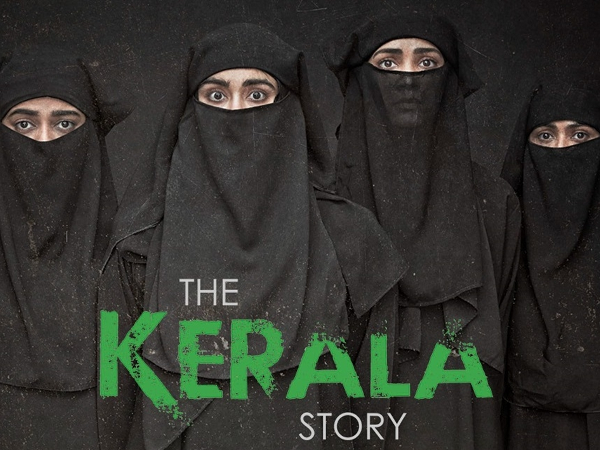New Delhi: The Supreme Court on Wednesday refused to entertain pleas related to the movie “The Kerala Story”, and asked the petitioners to approach the jurisdictional high court.
The film is scheduled to be release on May 5.
The pleas, including the one which sought that a disclaimer should be added to the title of the film that it is a work of fiction, was mentioned for urgent listing before a bench comprising Chief Justice D Y Chandrachud and Justice P S Narasimha.
“We have seasoned judges manning our high courts. Our high courts have absolute control over such situations,” said a bench of Chief Justice of India (CJI) Dhananjaya Y Chandrachud and Justice PS Narasimha while hearing senior advocate Vrinda Grover, who appeared for Muslim clerical body Jamiat Ulama-I-Hind.
Grover said the movie, which was slated for a pan-India release, is intended to cause hatred and enmity between different sections of society.
The Jamiat in its plea said the movie demeans the entire community and will endanger the lives and livelihood of Muslims. “The movie begins by flashing a note that it has been inspired by true events…. it is falsely stated that 32,000 girls have left Kerala for West Asia to join ISIS even though the United Nations, the Union Home Ministry, police sources, and experts agree that the number of Indians who left to join ISIS is around 66 and the maximum number of pro-ISIS persons who may have shown inclination towards ISIS is in between 100 and 200,” the petition said.
It said a wrong impression was being created that apart from extremist clerics, ordinary Muslims play a role in luring non-Muslims and radicalising them by posing as friendly and good-natured. With this trend being referred to as love jihad, Jamiat said the movie spreads “malicious propaganda”.
Besides seeking a stay on the movie’s release, the petition additionally sought a disclaimer stating that it is a work of fiction and its characters bear no resemblance to any person living or dead.
Grover told bench that the Kerala high court is hearing petitions challenging the movie’s release on May 5 when it will be released across India.
The bench said Article 32, which gives the Supreme Court powers to enforce fundamental rights, cannot be a solution for everything. “Why should we become super 226 courts,” referring to the power provided to high courts to issue writs under Article 226 of the Constitution.
“We are not inclined to entertain the petitions. We grant liberty to approach the high court,” the bench said. “Since the release of the movie is on May 5, we allow the petitions to be mentioned for early hearing.”
Advocate Harish Salve, who appeared for the makers of the movie, objected to the petitions being mentioned when the issue is pending before the high court. He opposed the idea of any new disclaimer.
Advocate Nizam Pasha mentioned a second petition against the movie in the Supreme Court, arguing it is aimed at spreading hate speech through an audio-visual medium. “We are not on disclaimer but on a larger issue of hate speech,” Pasha said.
The CJI-led bench asked if this matter was pending before another bench of the top court.
Pasha said he mentioned an application to stall the film’s release on Tuesday before a Justice KM Joseph-led bench but it was not entertained. He said he was asked to file a substantive writ petition and approach the high court.





